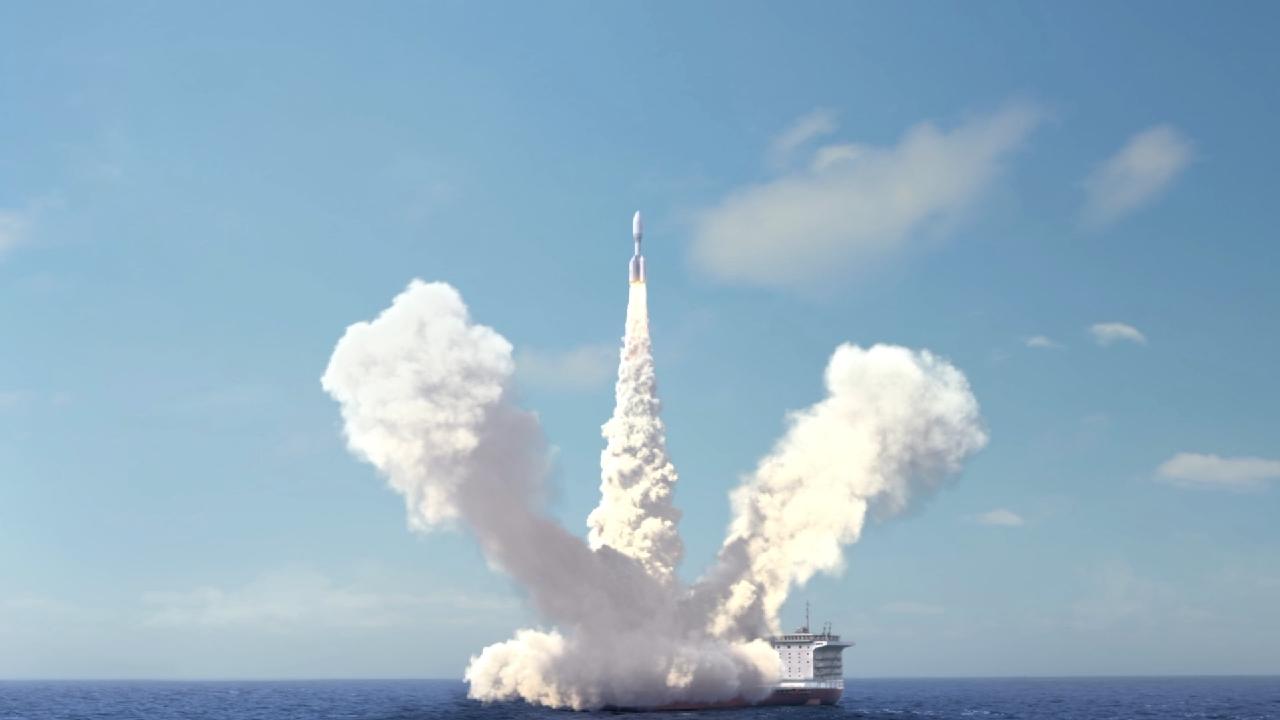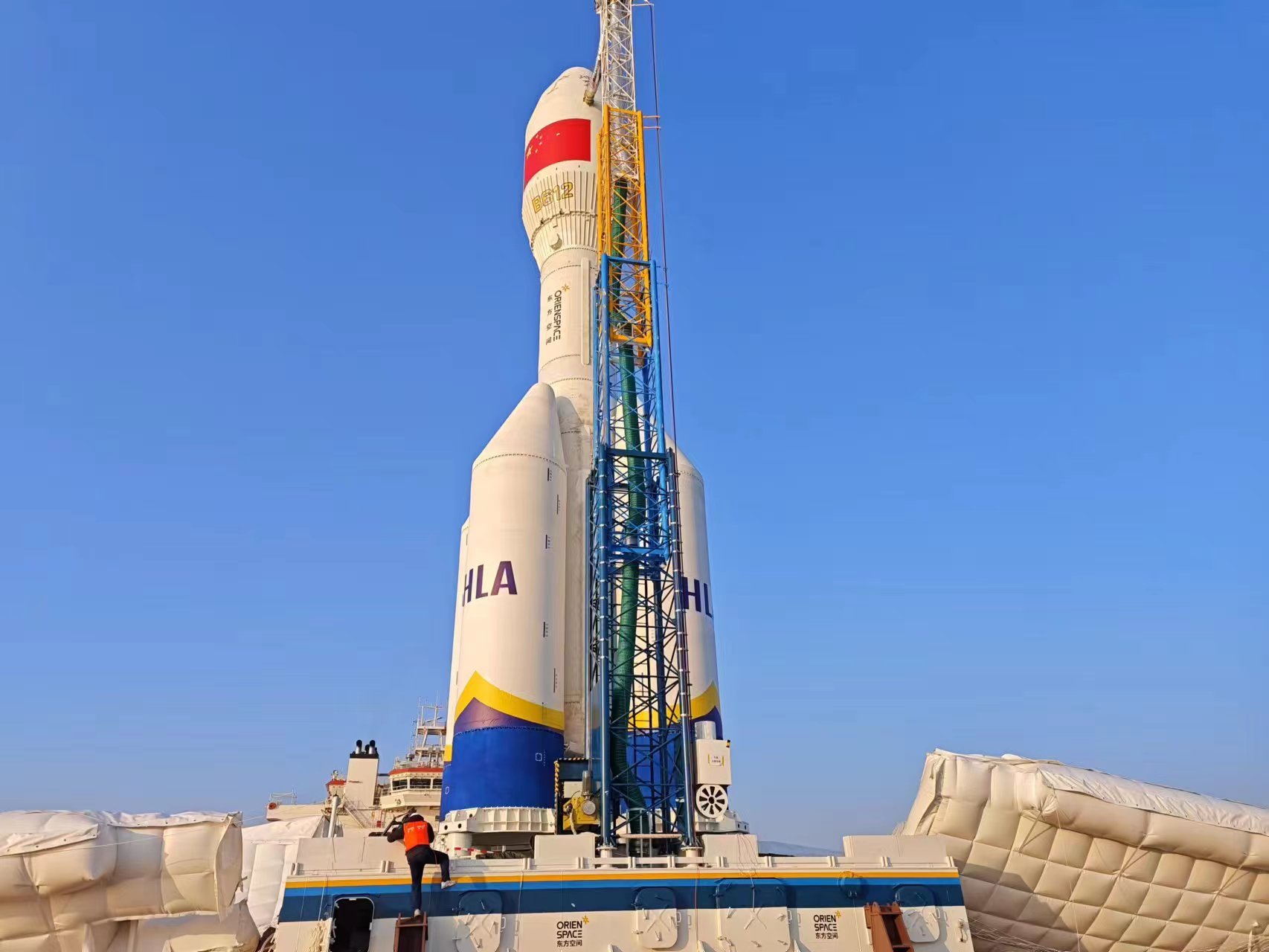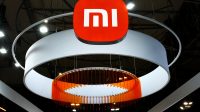On Thursday, the Beijing-based startup Orienspace achieved a significant milestone with the successful launch of Gravity-1, the most potent rocket developed by the Chinese private sector. This breakthrough marks a departure from the traditional dominance of state agencies in the realm of commercial launches.
A Trailblazing Launch: Gravity-1 Inaugural Mission

Departing from a ship off the coast of eastern Shandong province, the Gravity-1 rocket efficiently placed three remote-sensing satellites into orbit, as announced by Orienspace. Established in 2020 by veterans from China’s state space agencies, Orienspace had initially planned Gravity-1’s maiden launch for the latter half of 2023.
Distinguishing itself as the most powerful launch vehicle from a private Chinese enterprise, Gravity-1 boasts the capability to transport payloads of up to 6,500 kg (14,330 lb) into low Earth orbit. This successful debut sets the stage for increased commercial satellite launches into low- and mid-altitude orbits within the burgeoning private sector. Orienspace’s CEO revealed that the company had already secured orders for launching hundreds of satellites.
One of Gravity-1’s notable features is its capacity to deploy up to 30 satellites in a single launch, as stated by Orienspace. Additionally, the company asserts its ability to organize a launch in less than seven days and, in some cases, within a mere 24 hours.
A noteworthy aspect is Gravity-1’s adaptability to launch from a mobile sea platform, expanding the potential launch sites. Notably, China conducted its first commercial rocket launch at sea in 2020 with the Long March 11 developed by the state. Launching from the sea mitigates the risk of rocket stages posing threats to inhabited areas upon re-entry.
With this inaugural flight, Orienspace joins the ranks of private Chinese firms operating their own carrier rockets, securing the fifth position after i-Space, Galactic Energy, Space Pioneer, and LandSpace, according to Chinese state media.
Read More Innovation – Tech Foom








